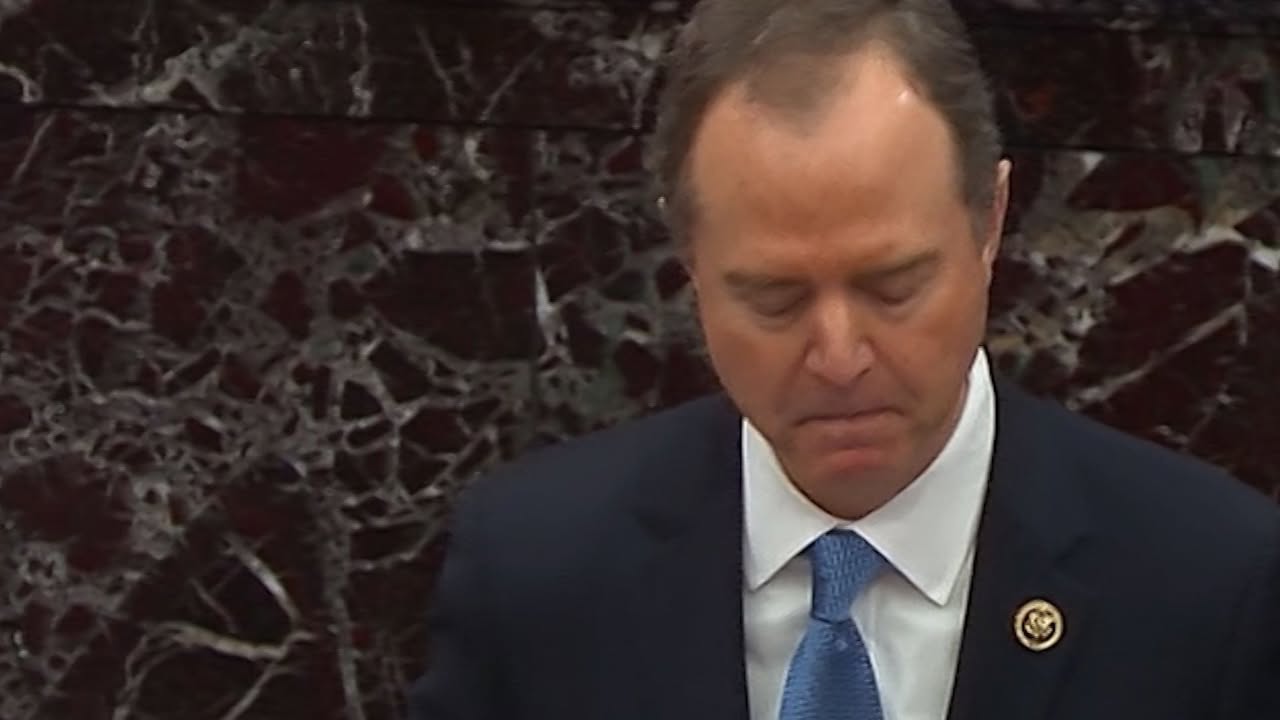Just thirty minutes ago in California, Senator Adam Schiff once again became the focus of national headlines after a significant political development thrust his name into the spotlight. Schiff, a veteran Democratic senator and one of the most recognizable figures in contemporary U.S. politics, has consistently stood at the forefront of heated debates, congressional showdowns, and major investigations. Known for his strong positions on national security, government accountability, and the careful oversight of intelligence matters, Schiff has built a reputation as both a sharp critic of presidential overreach and a defender of democratic institutions. This latest confirmation has not only reignited conversations about his career but also set off waves of commentary across local news outlets, national broadcasts, and social media platforms.
For many observers, Schiff’s new confirmation underscores his enduring influence within both the Democratic Party and the broader American political arena. Throughout his career, he has repeatedly been placed at the very center of critical discussions—whether during high-profile impeachment trials, inquiries into foreign interference in U.S. elections, or debates surrounding transparency and executive power. Analysts believe that this recent development could significantly elevate his role once more, positioning him as a key player whose voice may help define the political and legislative battles of the months ahead. Some political strategists have even suggested that Schiff’s growing prominence could influence the Democratic Party’s long-term strategy, extending beyond California to the national stage.
Supporters have welcomed the announcement with enthusiasm, highlighting his long-standing record of public service and his commitment to oversight and accountability. They argue that Schiff’s background as both a legislator and a former prosecutor equips him with the experience and tenacity needed for the responsibilities attached to this latest role. Many of his constituents in California expressed both pride and optimism, noting his consistent advocacy on issues such as environmental protection, healthcare access, and the defense of democratic values. Across social media, messages of encouragement poured in, with supporters praising his courage and persistence in facing political pressure while continuing to push forward with his work. For them, Schiff represents not only a strong voice in Washington but also a reflection of California’s progressive priorities and determination.
At the same time, critics have been quick to respond, voicing skepticism and raising concerns over the broader implications of his confirmation. Political opponents argue that Schiff’s influence has often leaned into partisanship, warning that this new development could intensify divisions in an already polarized Congress. Some conservative commentators suggested that his expanded role might fuel fresh confrontations in Washington, predicting a series of clashes over oversight, policy priorities, and investigations. Others cautioned that his increasing visibility could further energize his detractors, who see him as emblematic of partisan battles that have defined recent years. Yet, even among critics, there is recognition that Schiff’s ability to command attention ensures he will remain a central figure, whether one views his presence as stabilizing or polarizing.
In California, the reaction has been especially strong, reflecting both the pride of having a senator at the center of national debates and the expectations that come with such visibility. Local leaders and advocacy groups have already begun outlining the issues they hope Schiff will prioritize—from wildfire prevention and infrastructure investment to education and immigration reform. His ability to balance local needs with national responsibilities will likely define how Californians judge his success in the months to come. Meanwhile, in Washington, insiders suggest his confirmation could reshape legislative alliances, potentially drawing new battle lines while also opening doors for bipartisan negotiation in areas such as defense spending and election security.
Ultimately, this moment has cemented Schiff’s standing as one of the most closely watched and influential figures in American politics. His supporters see him as a guardian of democracy and an advocate for accountability, while his opponents view him as a symbol of political division. Regardless of perspective, the announcement has ensured that all eyes will remain on his next steps. As analysts have pointed out, Schiff’s confirmation is more than just a procedural event—it is a turning point that may shape the trajectory of political discourse, policymaking, and party strategy well into the future.
